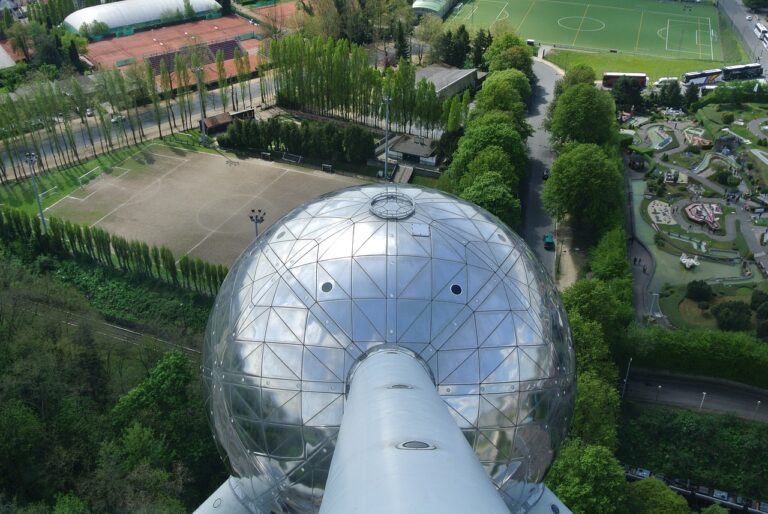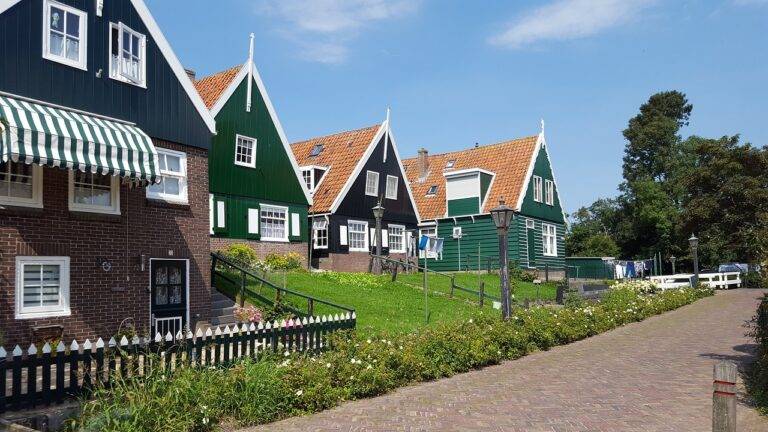The Role of Smart Home Devices in Sustainable Urban Development
99 exchange, laser247, world 777 betting: As our cities continue to grow and expand, the importance of sustainable urban development becomes increasingly crucial. With the rise of smart home devices, we are witnessing a significant shift in how we interact with our living spaces and how we can contribute to building a more sustainable future. Smart home devices offer a wide range of benefits that can play a key role in promoting sustainable urban development.
Smart home devices are revolutionizing the way we live, providing us with greater control, convenience, and efficiency in our homes. From smart thermostats to connected appliances, these devices are not only making our lives easier but also helping us minimize our environmental impact. By harnessing the power of technology, smart home devices are enabling us to live more sustainably and contribute to the development of eco-friendly cities.
Efficiency is at the core of sustainable urban development, and smart home devices excel in this aspect. By optimizing energy usage and reducing waste, these devices help us lower our carbon footprint and lessen our impact on the environment. Smart thermostats, for example, can adjust the temperature in our homes based on our habits and preferences, leading to significant energy savings. Connected appliances can also help us monitor and manage our energy consumption, allowing us to make smarter choices that benefit both the planet and our wallets.
In addition to energy efficiency, smart home devices can also contribute to sustainable urban development by promoting resource conservation. Devices like smart irrigation systems can help us manage water usage more effectively, reducing waste and promoting conservation. Smart lighting systems can adjust brightness levels based on natural light and occupancy, helping us save energy and reduce light pollution. These small changes may seem insignificant on their own, but when multiplied across an entire city, they can have a significant impact on sustainability.
Another key aspect of sustainable urban development is the promotion of sustainable transportation. Smart home devices can play a role in this aspect as well by facilitating the integration of electric vehicles and promoting alternative modes of transportation. Home charging stations for electric vehicles can encourage their adoption and help reduce greenhouse gas emissions from traditional vehicles. Smart traffic management systems can also help optimize traffic flow, reduce congestion, and promote the use of public transportation and cycling.
Furthermore, smart home devices can contribute to sustainable urban development by fostering community engagement and collaboration. Connected devices can enable residents to share resources, exchange information, and work together towards common sustainability goals. Smart home systems can also help improve communication between residents and local authorities, leading to more efficient and informed decision-making processes. By fostering a sense of community and promoting collaboration, smart home devices can help create a more sustainable and inclusive urban environment.
In conclusion, smart home devices have the potential to play a significant role in sustainable urban development. By promoting energy efficiency, resource conservation, sustainable transportation, and community engagement, these devices can help us build more sustainable cities for the future. As we continue to innovate and integrate smart technologies into our homes, we must ensure that they are used in a way that benefits both the environment and the community. By harnessing the power of smart home devices, we can work towards creating a more sustainable and prosperous urban future.
—
**FAQs**
1. What are some popular smart home devices that promote sustainability?
Some popular smart home devices that promote sustainability include smart thermostats, connected appliances, smart irrigation systems, and home charging stations for electric vehicles.
2. How can smart home devices help reduce energy consumption?
Smart home devices can help reduce energy consumption by optimizing energy usage, monitoring and managing energy consumption, and adjusting settings based on user habits and preferences.
3. What role can smart home devices play in promoting sustainable transportation?
Smart home devices can promote sustainable transportation by facilitating the integration of electric vehicles, promoting alternative modes of transportation, and optimizing traffic flow to reduce congestion.
4. How can smart home devices foster community engagement and collaboration?
Smart home devices can foster community engagement and collaboration by enabling residents to share resources, exchange information, and work together towards common sustainability goals. They can also improve communication between residents and local authorities for more efficient decision-making processes.







